What we eat can affect our thyroid and our body's ability to use thyroid hormones. Learn what foods to avoid when managing hypothyroidism.
1. The relationship between nutrition and hypothyroidism
Hypothyroidism can be a difficult condition to manage and diet can affect treatment. Certain nutrients have a significant impact on thyroid function and certain foods can inhibit your body's ability to absorb replacement hormones as part of your thyroid treatment.
Like many health conditions, some factors that cause hypothyroidism are beyond a person's control, such as family history and environment, but diet also plays an important role.
Some foods containing fiber and coffee are "healthy" or "safe" choices for many diets, but people with hypothyroidism should limit their consumption. In addition, fast food, fried foods, salty processed foods, sugary snacks such as cakes, pastries, cookies, and alcohol should be avoided.
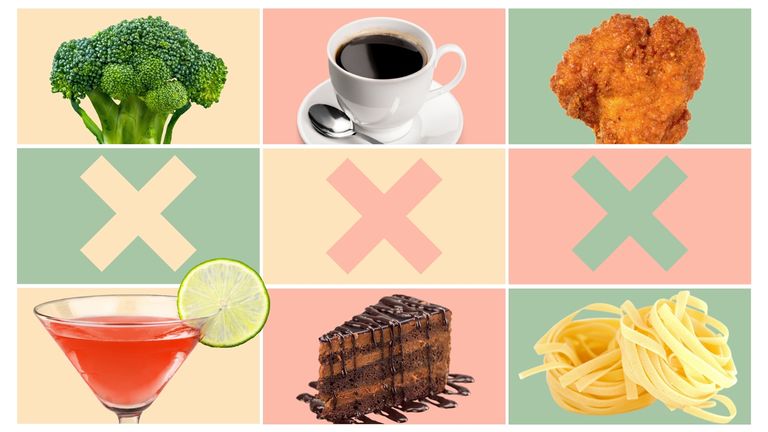
Some foods are not beneficial for people with hypothyroidism, especially when taking medication.
2. Some foods to avoid and limit when suffering from hypothyroidism
While there is no “hypothyroidism diet,” eating right can help people with the condition have better health. Here are some foods that people with hypothyroidism should limit or avoid completely:
Soy foods, including edamame, tofu, and miso
There have long been concerns about the potential negative effects that certain compounds in soy called isoflavones may have on the thyroid. Some researchers believe that too much soy can increase a person's risk of developing hypothyroidism. However, a study in Scientific Reports found that soy does not affect thyroid hormones and only slightly increases thyroid-stimulating hormone levels.
While there are no specific dietary guidelines, some studies have shown that eating soy can affect the absorption of thyroid medication. For that reason, it is recommended to wait four hours after eating soy foods before taking your usual dose of medication. Consult your doctor to see which is best for you.

People with hypothyroidism should limit their intake of soy foods and avoid taking medication.
Cruciferous vegetables like broccoli and cauliflower
Cruciferous vegetables, such as broccoli and cabbage, should be avoided if you have hypothyroidism. The concern is that they may interfere with thyroid hormone production if you are iodine deficient. Research has shown that ingesting these vegetables can block the thyroid's ability to use iodine, which is essential for normal thyroid function. However, only regular or large amounts of cruciferous vegetables actually affect iodine absorption.
Gluten in bread and pasta
A research review notes that hypothyroidism and celiac disease often go hand in hand. While no research has shown that a gluten-free diet can treat thyroid disease, people should talk to their doctor about eliminating gluten or getting tested for celiac disease. If you choose to eat gluten, choose whole-grain breads and pastas, which are rich in fiber and other nutrients, and may help improve digestive upset, a common symptom of hypothyroidism.
Also, be sure to take your hypothyroidism medication a few hours before or after eating fiber-rich foods to avoid affecting the absorption of synthetic thyroid hormone.
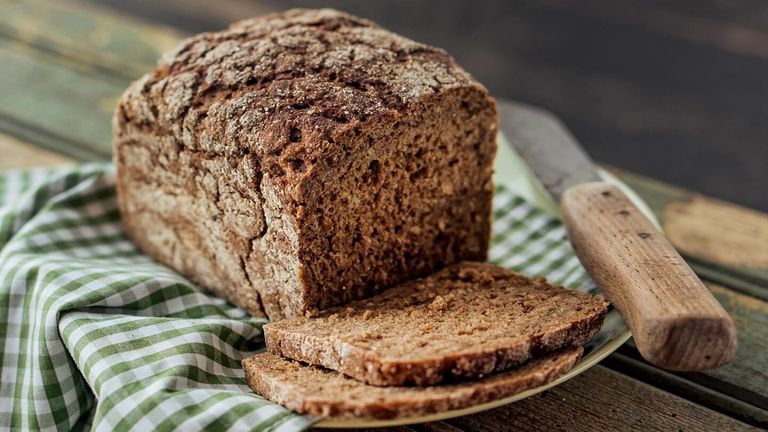
Be careful when eating foods containing gluten.
Fatty foods like butter, meat, and fried foods
Fat has been found to disrupt the body's ability to absorb thyroid hormone replacement medication, said Dr. Stephanie Lee, director of the Center for Thyroid Health at Boston Medical Center and a professor at Boston University School of Medicine in Massachusetts.
Fat can also affect the thyroid's ability to produce hormones, so cut out all fried foods and reduce your intake of fat from sources like butter, mayonnaise, margarine and fatty meats.
Sugary foods
Foods that are high in sugar should be avoided as they are high in calories and have no nutritional value. It is best to reduce your sugar intake or try to eliminate it from your diet altogether.

Foods high in sugar are not good for people with hypothyroidism.
Prepared and frozen foods
Processed foods tend to be high in sodium, and people with hypothyroidism should avoid sodium. An underactive thyroid increases the risk of high blood pressure, and too much sodium increases this risk.
Read the "Nutrition Facts" label on processed food packages to find options with the lowest sodium content. According to the American Heart Association, people at high risk of high blood pressure should limit their sodium intake to 1,500 milligrams per day.
Too much fiber from beans, legumes and vegetables
Getting enough fiber is good, but too much can complicate hypothyroidism treatment. The latest Dietary Guidelines for Americans from the U.S. Department of Agriculture recommend that most adults consume 25 to 38 grams of fiber per day (based on a goal of 14 grams of fiber for every 1,000 calories in their diet).
Excessive dietary fiber from whole grains, vegetables, fruits, beans, and legumes can affect the digestive system and may interfere with the absorption of thyroid hormone replacement medication.
If you switch to a high-fiber diet, ask your doctor if you need a higher dose of thyroid medication. Your maintenance dose may need to be increased if you are not getting enough of the medication.
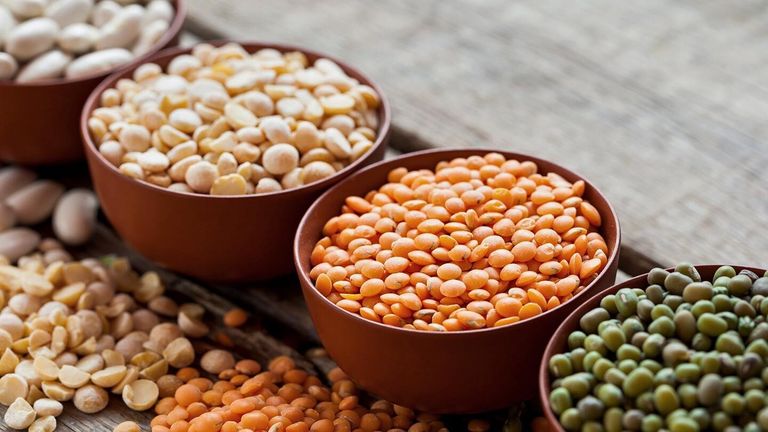
Too much fiber is not beneficial for people with hypothyroidism during treatment.
Coffee
According to one study, caffeine was found to block the absorption of thyroid replacement hormone. People who take thyroid medication with their morning coffee have uncontrolled thyroid levels, so they should wait at least 30 minutes after taking their medication before drinking a cup of coffee.
Alcohol is bad for the thyroid.
According to one study, drinking alcohol can harm both the body's thyroid hormone levels and the thyroid's ability to produce hormones. Alcohol has a toxic effect on the thyroid and inhibits the body's ability to use thyroid hormones. Ideally, people with hypothyroidism should cut out alcohol completely.
Source: https://giadinh.suckhoedoisong.vn/9-thuc-pham-nguoi-benh-suy-giap-can-tranh-172241201231245085.htm


![[Infographic] Notable numbers after 3 months of "reorganizing the country"](https://vphoto.vietnam.vn/thumb/1200x675/vietnam/resource/IMAGE/2025/10/4/ce8bb72c722348e09e942d04f0dd9729)




![[Photo] General Secretary To Lam attends the 8th Congress of the Central Public Security Party Committee](https://vphoto.vietnam.vn/thumb/1200x675/vietnam/resource/IMAGE/2025/10/4/79fadf490f674dc483794f2d955f6045)




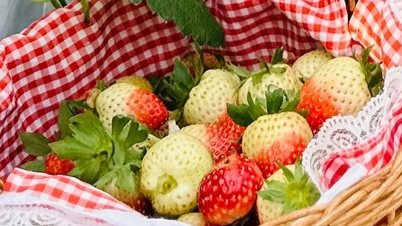
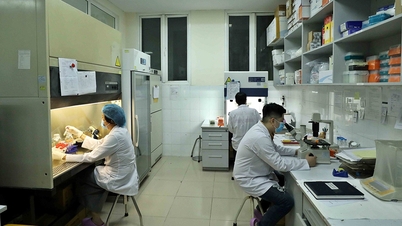


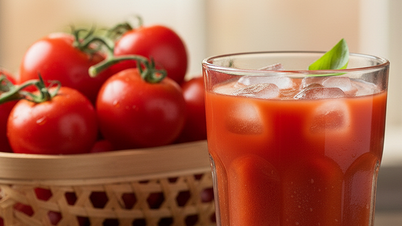







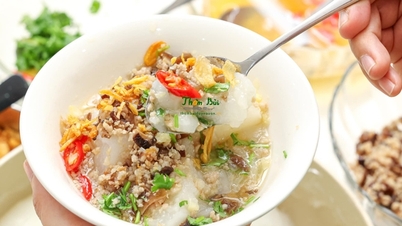


![[Photo] Prime Minister Pham Minh Chinh chairs meeting to deploy overcoming consequences of storm No. 10](https://vphoto.vietnam.vn/thumb/1200x675/vietnam/resource/IMAGE/2025/10/3/544f420dcc844463898fcbef46247d16)
![[Photo] Students of Binh Minh Primary School enjoy the full moon festival, receiving the joys of childhood](https://vphoto.vietnam.vn/thumb/1200x675/vietnam/resource/IMAGE/2025/10/3/8cf8abef22fe4471be400a818912cb85)


































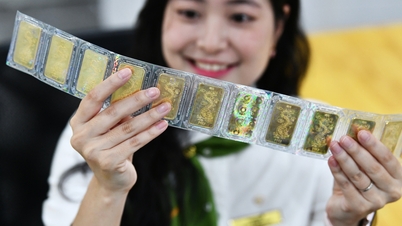




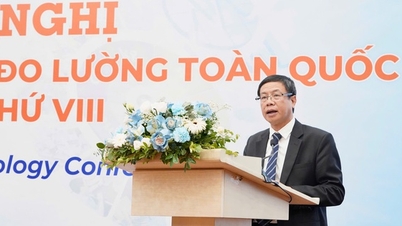






























Comment (0)